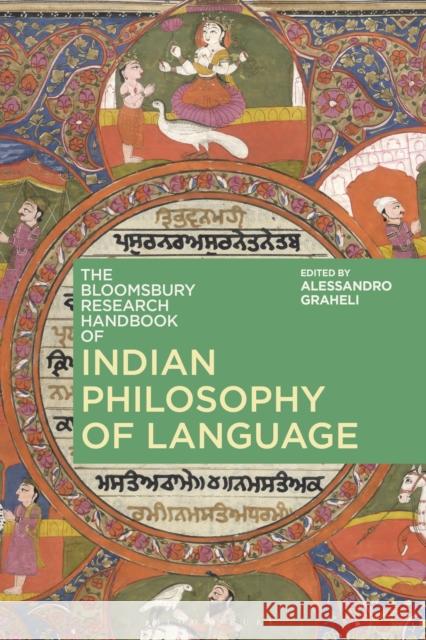The Bloomsbury Research Handbook of Indian Philosophy of Language » książka
topmenu
The Bloomsbury Research Handbook of Indian Philosophy of Language
ISBN-13: 9781350049161 / Angielski / Twarda / 2020 / 488 str.
The Bloomsbury Research Handbook of Indian Philosophy of Language
ISBN-13: 9781350049161 / Angielski / Twarda / 2020 / 488 str.
cena 819,84
(netto: 780,80 VAT: 5%)
Najniższa cena z 30 dni: 793,21
(netto: 780,80 VAT: 5%)
Najniższa cena z 30 dni: 793,21
Termin realizacji zamówienia:
ok. 30 dni roboczych.
ok. 30 dni roboczych.
Darmowa dostawa!
Kategorie BISAC:
Wydawca:
Bloomsbury Academic
Seria wydawnicza:
Język:
Angielski
ISBN-13:
9781350049161
Rok wydania:
2020
Dostępne języki:
Numer serii:
000790686
Ilość stron:
488
Waga:
0.85 kg
Wymiary:
23.39 x 15.6 x 2.69
Oprawa:
Twarda
Dodatkowe informacje:
Komentarz
Bibliografia
Obwoluta
Bibliografia
Obwoluta











